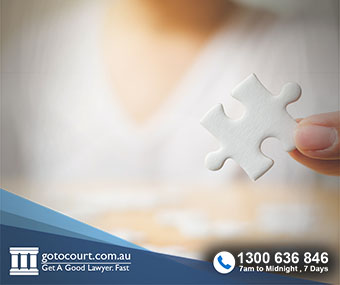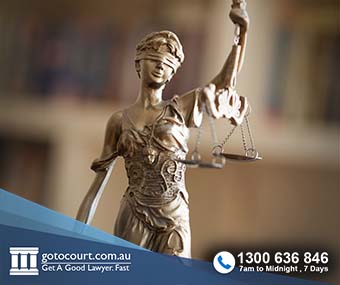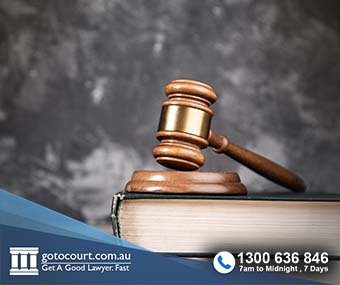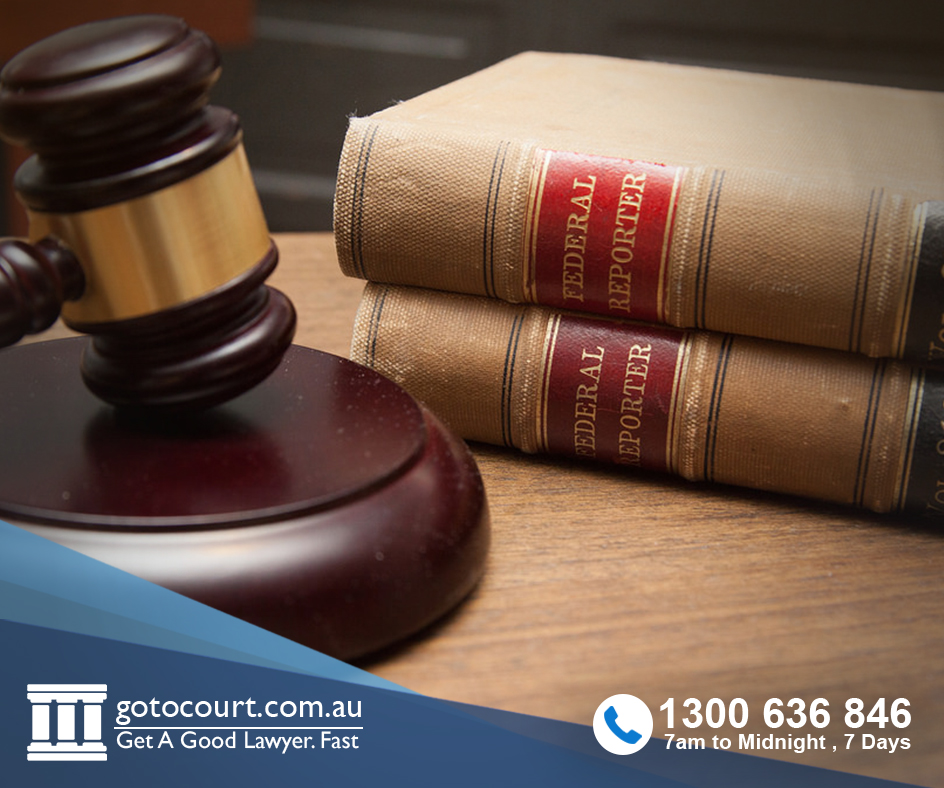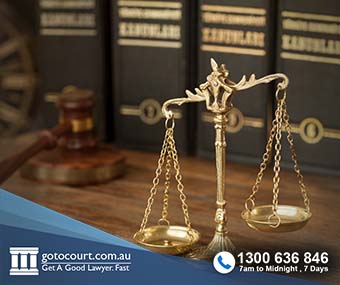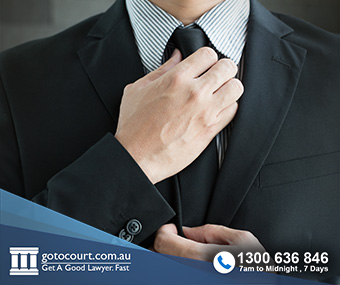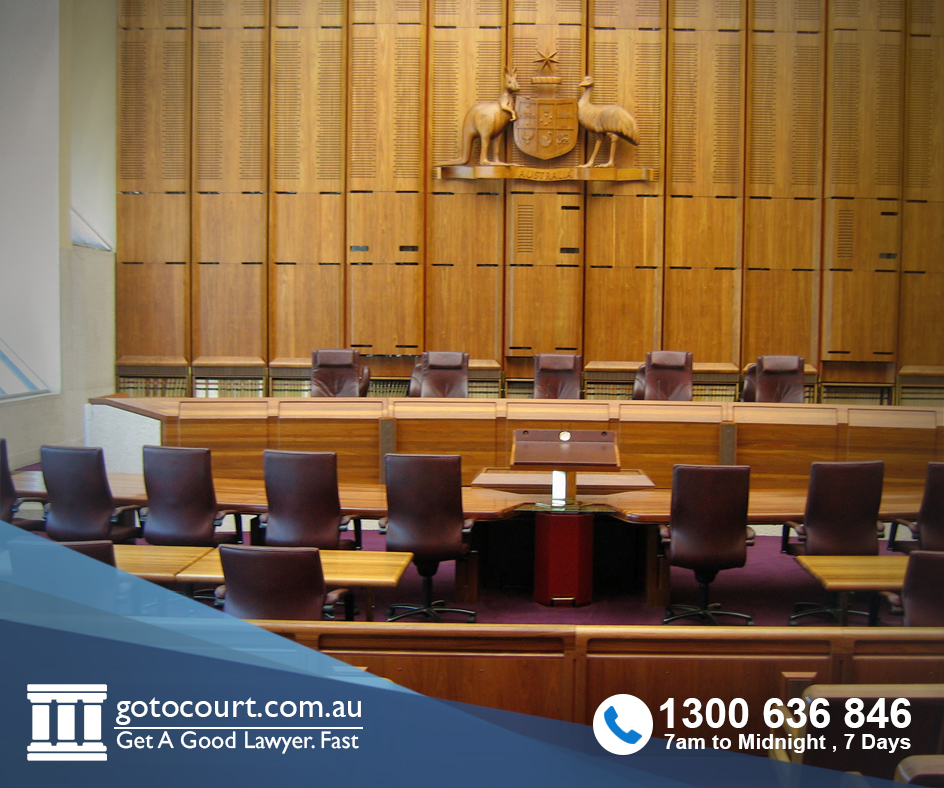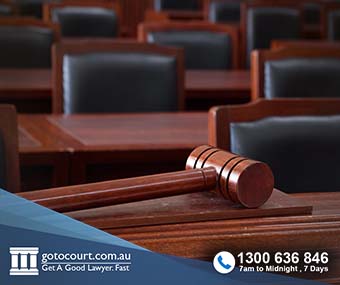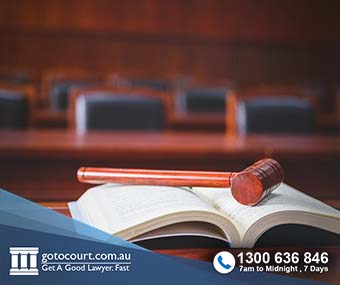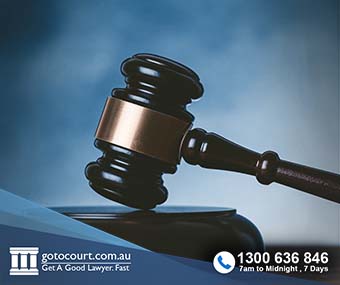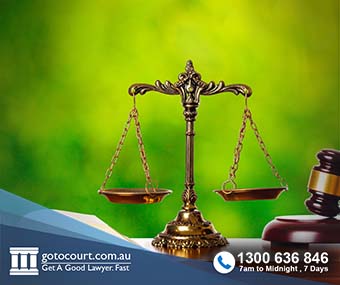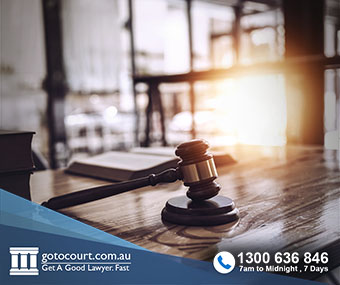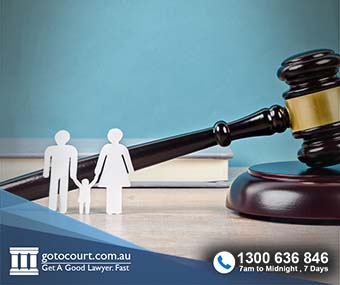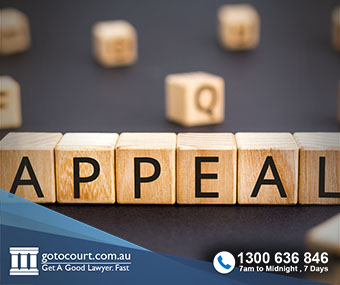Call our lawyers
now
or,
have our lawyers
call you
What is Judicial Bias?
Updated on Nov 22, 2022 • 4 min read • 2435 views • Copy Link
What is Judicial Bias?
A fundamental principle of our legal system is that a judge or magistrate must not sit on a case in which he or she is biased. This is important both so that justice is done and so that justice is seen to be done. There are well established tests for actual and apprehended judicial bias but how these are applied can vary depending on the factual situation.
Judges should disclose any matters that may create an appearance of bias so that parties can assess whether to apply for the judge to remove themselves. Such an application should be made as early in the proceeding as possible.
Disqualifying a judge
A judge is obliged to disqualify him or herself in a case where he or she is biased and to hear all cases where he or she is not biased.
A judge must only disqualify his or herself when a party has positively established apprehended bias.
An application for disqualification can be made without a formal motion being filed. Where a judge refuses to disqualify his or herself after such an application has been made, this may be relied on as a ground of appeal
Where there is doubt, a judge should disqualify his or herself.
Actual judicial bias
A judge must not preside over a case where he or she is biased against or in favour of one of the parties. Actual bias exists where a judge can be shown to be so committed to a particular outcome that evidence and arguments presented will not alter that outcome.
Apprehended judicial bias
Apprehended bias exists where a fair-minded layperson might reasonably think that the judge might not deal with the matter impartially. The test is whether there is a real possibility (not a remote possibility) of bias. It does not need to be established that the judge would behave in a biased manner.
The following do not constitute apprehended bias:
- A mere assertion that the judge has an interest in the outcome;
- Apprehensions of bias that are fanciful or unreasonable;
- Mere lack of nicety or bad temper;
- The expression of a tentative view on an issue;
- The existence of a predisposition;
- Previous rulings made by the judge in relation to a party;
- A short and emotional exchange with a party (however, prolonged animosity towards a party may give rise to apprehended bias).
A judge’s conduct during pre-trial proceedings such as bail applications may give rise to apprehended bias where the conduct indicates that they had lost impartiality in the matter.
Association with a party
A judge’s prior associate with a party may give rise to apprehended judicial bias. Where a judge has a prior relationship with a party, he or she must disclose this in court and invite parties to make submissions as to whether the judge should be disqualified. Where a party is a close relative of the judge, the judge should generally disqualify his or herself.
Association with a lawyer
The fact that the presiding judge or magistrate has a relationship with a lawyer appearing in a matter does not generally give rise to apprehended judicial bias. However, where a judge has a close relationship with a lawyer, such as marriage, this will give rise to apprehended bias and the judge will generally disqualify themselves.
Communications out of court
Judges should not communicate with parties or the lawyers of parties outside of court while a matter is ongoing. This is because judges should not receive communications with a party without the knowledge and consent of the other parties. Judges must avoid the appearance of bias by avoiding social or other contact with parties while a matter in ongoing.
Necessity
A judge may continue to sit in a matter despite apprehended bias where it is necessary to do so. For example, in a matter where all other judges are also affected by apprehended bias.
Personal experience
The fact that a judge or magistrate has been the victim of a particular crime or is related to the victim of a particular crime, does not necessarily mean they should not preside over matters involving similar crimes. The usual test for apprehended bias should be applied to determine whether such a judge should be disqualified.
If you require legal advice or representation in any legal matter, please contact Go To Court Lawyers.


Affordable Lawyers
Our Go To Court Lawyers will assist you in all areas of law. We specialise in providing legal advice urgently – at the time when you need it most. If you need a lawyer right now, today, we can help you – no matter where you are in Australia.How It Works








1. You speak directly to a lawyer
When you call the Go To Court Legal Hotline, you will be connected directly to a lawyer, every time.


2. Get your legal situation assessed
We determine the best way forward in your legal matter, free of charge. If you want to go ahead and book a face-to-face appointment, we will connect you with a specialist in your local area.


3. We arrange everything as needed
If you want to go ahead and book a fact-to-face appointment, we will connect you with a specialist in your local area no matter where you are and even at very short notice.


